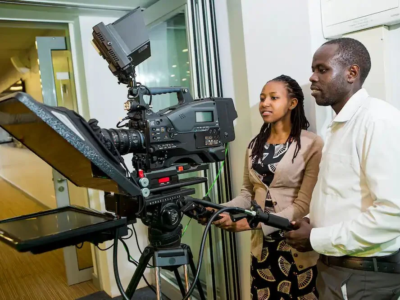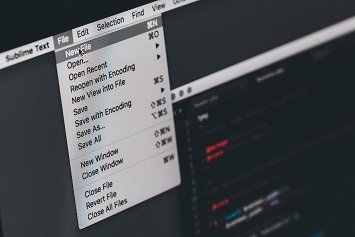Investigative Journalism
Course Description Investigative journalism is a branch in journalism where a reporter intensely investigates one topic of interest, such as corporate malpractice, corruption in government, or political corruption. A single story in investigative journalism may take months or years of …
Overview
Course Description
Investigative journalism is a branch in journalism where a reporter intensely investigates one topic of interest, such as corporate malpractice, corruption in government, or political corruption. A single story in investigative journalism may take months or years of research and preparation before it is ready. The purpose of investigative journalism is to expose hidden truths, more often illegal activities on the institution or person under investigation.
You cannot undertake investigative journalism without proper training as you need to acquire special skills to avoid problems with those involved. A course in investigative journalism will equip you with these skills and prepare you for the challenges faced by investigative journalists.
Entry Requirements
This course is best suited for people with basic journalism training.
Learning Requirements
To take this course, you will need a computer/laptop, reliable internet connection, and a functional email address.
Learning Outcomes
The learner is expected to have acquired the following upon completion of the course.
- Understand how to find and know sources well
- Importance of named sources of information
- How to create a relationship with news sources
- Effective techniques for successful interviews
- Importance of honesty in looking for and getting information
- Importance of verifying information sources
- Talking and listening to all sides involved in the story
- Recording or taking notes when interviewing a source
- How to maintain ethics when conducting investigative research
- Understand the role played by investigative reporting in modern journalism
- Learn to effectively be part of a team.
Accreditation & Certification
After completion of the course, accreditation is done through issuance of a certificate through Open Awards.
Assessment Method
To verify that you have acquired the knowledge the following criteria will be used
- Observation
- Oral and written questions
- Practical exercises
- Discussion groups
- Project works






